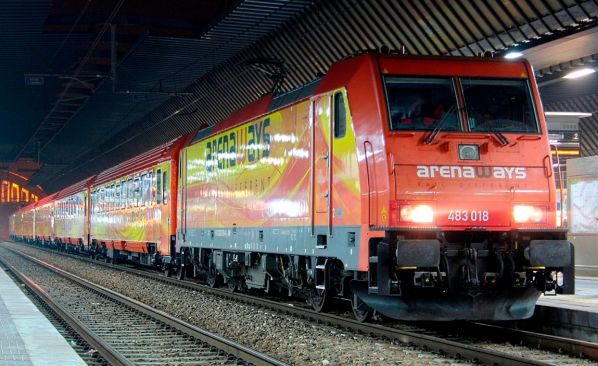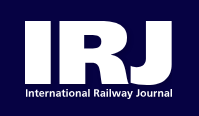LONGITUDE Holding, a private company with a portfolio of investments in rail and maritime transport, rolling stock finance and the hospitality industry, has applied to Italy’s Transport Regulation Authority (ART) for train paths on six domestic corridors and one international route.
The specific routes Longitude Holding has applied for are:
- Turin - Milan - Venice: two trains per day
- Turin - Milan - Bari - Lecce: two trains per day
- Turin - Milan - Rome - Reggio Calabria: three trains per week
- Rome - Naples - Salerno - Reggio Calabria: two trains per day
- Rome - Florence - Bologna - Venice: four trains per day
- Milan - Genoa - Pisa - Livorno - Rome: two trains per day, and
- Milan - Innsbruck - Munich via the Brenner pass: daily service.
All trains would have first and second-class accommodation with a total of 330 seats, except for the Turin – Lecce service, which would only have 260 seats and Milan - Munich with 450 seats.
Trains would be hauled by 3kV dc class E190 or E191 electric locomotives, except for the locomotives to be used on the Milan - Munich route, which would be multi-system versions of the E190/1 units for operation on 15kV 16.7Hz ac electrification and under the signalling systems in Austria and Germany.
All services would operate on conventional lines and not make any use of the Italian high-speed network.
The plan is to start the new services with the timetable change in December 2025.
According to the Italian press, the man behind the project is Mr Giuseppe Arena who set up Arenaways, Italy’s first open-access passenger operator. Arenaways introduced a service between Turin and Milan in 2010 but was not allowed to stop at intermediate stations by the rail regulator for fear of abstracting revenue from Italian State Railways (FS) subsidiary Trenitalia. This made the service unviable.
In 2012, Italy's Competition and Market Guarantee Authority (Agcom) fined FS for attempting to disrupt and prevent Arenaways from operating a competing service between Milan and Turin. It also fined FS subsidiary Italian Rail Network (RFI) for delaying by 18 months Arenaways' application for paths without intermediate stops, following a ruling by the Office for the Regulation of Railway Services (URSF) which was established to manage the relationship between infrastructure manager RFI and operators. Unfortunately, the ruling came too late to save Arenaways.


